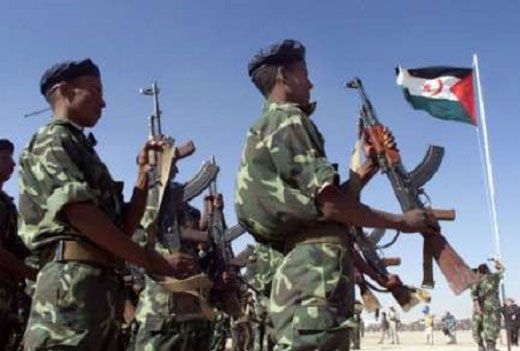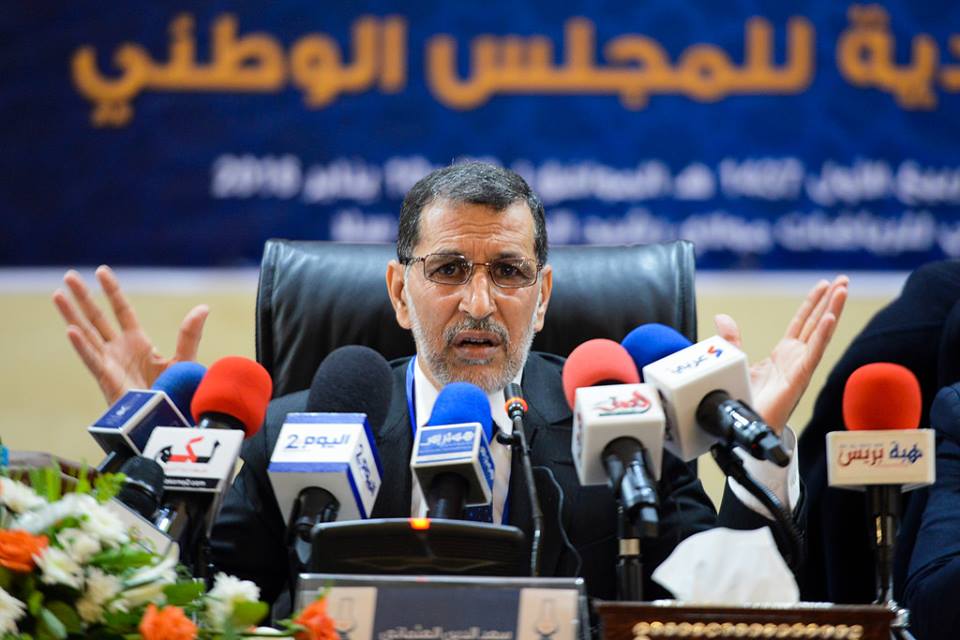Tunis— Tunisians are getting ready to cast their votes for the Legislative and the Presidential elections (the legislative elections will be held on the 26th October while the presidential elections are scheduled for the 23rd November 2014). The scale of the event makes it defining moments that will certainly landmark the history of modern Tunisia. Amid violence and uncertainty that hallmarks the political scene in some Arab countries, undergoing a process of political change, consensus is the key word that has brought Tunisia on the shore of safety. The journey has never been an easy one. Tunisians have witnessed hard times in the same way those in command (Troika made up of three main political parties: Ennahda, Etakattol, and C.P.R) have. Many tragic events have happened over the last three years and almost put the country on the edge of collapse. The speech of polarization has found a fertile environment to grow; investment has shrinked; the security situation was not reassuring, let alone the repercussions of the critical situation in neighboring Libya.
As a Tunisian, a major question has haunted me down since the inception of the Arab Spring. Why Tunisia has succeeded while others have blatantly failed? Hitherto, I fathomed that the success of this transitional phase was the labor of many parties and factors. First, Tunisians have shown a great deal of patience and realized that reaping the fruits of their revolution is only a matter of time. Add to that that Tunisians refused to take part in calls to overthrow the acting government. Instead, they have shown that they are more mature to other political elites. The winning party of the last 23 October 2011 elections, the Ennahda, has shown a great deal of understanding vis-à-vis this critical phase. The Ennahda, a centrist Islamic party, has agreed to hand over power to a non partisan government, along with the other two parties who make up the ruling Troika. It was not an easy decision. The national debate organized by UGTT and UTICA along with other civilian institutions have pushed forward the political parties from all stripes to give concessions and scale down the tone that may fuel tension. Neighboring and foreign countries like Algeria, Morocco, and the EU have stretched their hands to support Tunisia in that endeavor. A stable Tunisia will benefit all these countries. The military institution in Tunisia has kept itself distant from the realm of politics; it has no interests in crafting or posing a certain agenda on the political spectrum. No, I am not saying, by no means, that the sky is pink. Hard times are not over. We should first succeed in the upcoming elections and show the whole world that Tunisia is a country that wants to embark on a democratic process rather than exporting its model to other countries. The real task to ponder over in the near future is how to trigger a firm democracy that enhances justice, fights corruption, and put an end to the return of dictatorship.
And God is the grantor of success.
[symple_box color=”blue” text_align=”left” width=”100%” float=”none”] 
Imed Lassoued is a native of Tunisia. He earned his Bachelor’s degree in literature from the Faculty of Arts, Letters and Humanities La Manouba of Tunis,Tunisia.
[/symple_box]





